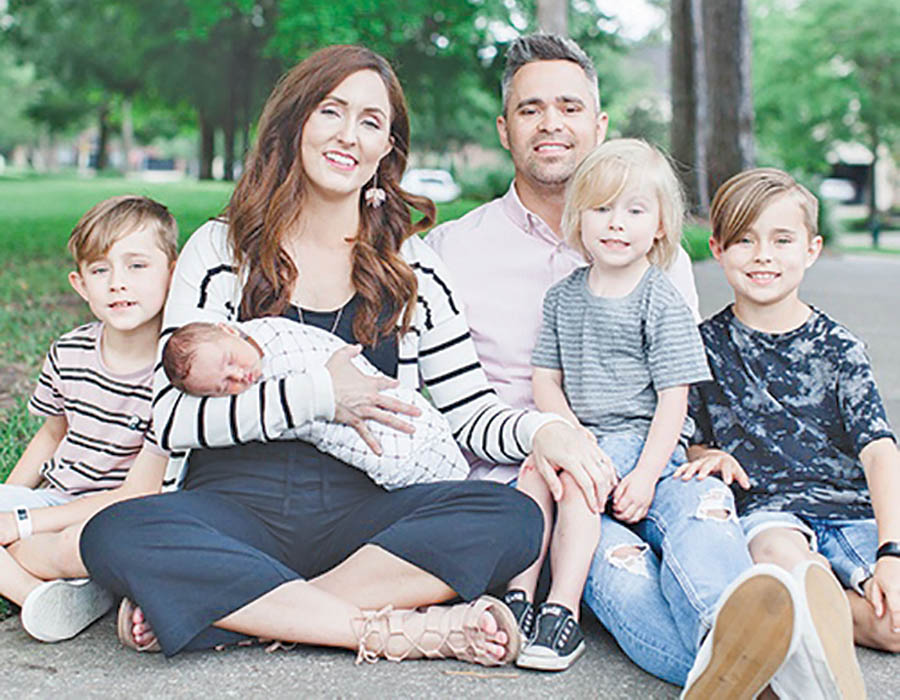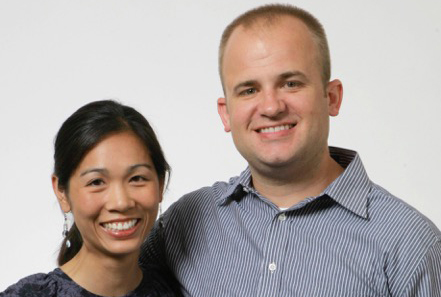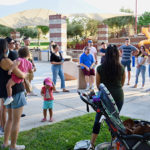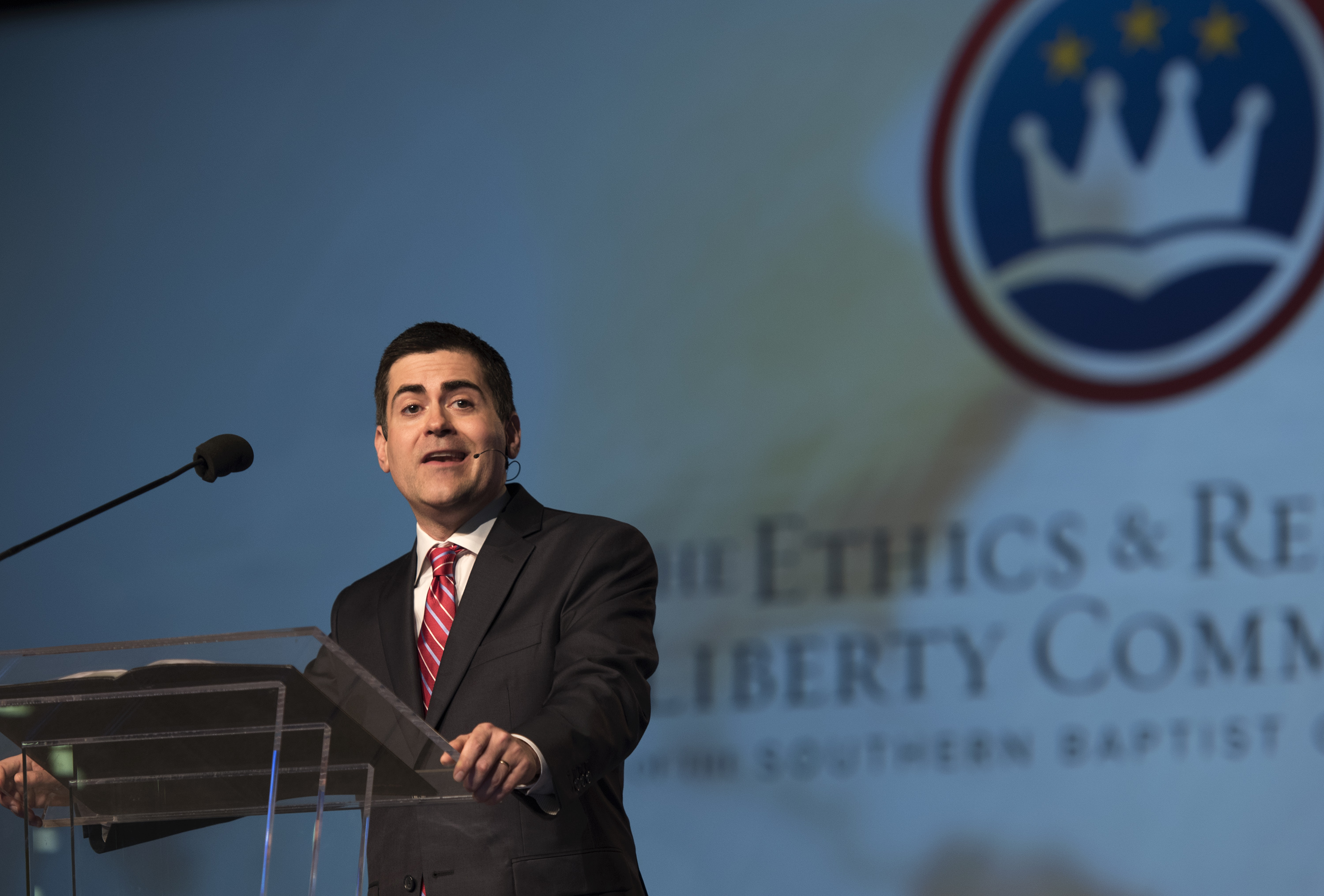
SAN DIEGO (BP) — A year and a half into church planting, Daniel Carter was ready to quit. The members of his church were being deployed or assigned to different military bases all around the country faster than new disciples were taking their spots, and he and his wife, Rachelle, were left to stare at the empty seats.
“I felt discouraged and shattered in the despair that we had done all this work, and we had barely anything to show for it,” he said.

Pillar Church of San Diego, which is situated nearby several Navy bases, is a part of a family of churches called the Praetorian Project that is focused on planting churches near military bases worldwide. But much of what makes church planting in military communities a great opportunity is the same aspect that makes it challenging.
“The thing with military church plants is the transience,” Carter said. “Some years, everyone gets orders and moves on. That first year was the perfect storm, and we sent out so many people.”
Carter credits the encouragement of fellow planters who are part of Send Network, the North American Mission Board’s church planting arm, his church elders and God’s faithful provision as the reasons Pillar Church of San Diego has endured. Today, three years into the church plant, the Carters have witnessed dozens of stories of God’s redemption in their broken community – like the story of Chris and Kelly.
When Chris and Kelly stumbled upon a block party organized by Pillar Church of San Diego, “they probably thought we were a little awkward,” Carter admitted. But when a series of trials appeared in their lives six months later, they knew exactly where they could go. Chris and Kelly came to Christ through hearing the gospel at Pillar Church, and they were baptized on a Sunday a few weeks later.
Before attending Pillar Church of San Diego, another couple’s marriage was teetering on the brink of divorce. The Carters witnessed this couple turn to God to heal their marriage by walking alongside other Christians and counselors.
“They ended up getting orders to Hawaii,” Carter said, “But they were evangelistic and invited people to church and even sought to impact other couples around them.”
Then there’s the story of Nick, who found Christ simply because he took his daughter to play at a park where Pillar San Diego was conducting worship services in the early days of COVID-19. Carter recalled, “He sat down for a year straight, and the Lord saved him, and he became a member of our church just through us being at the park and being forced to sit through services.”
Another military wife, Brooke, accepted Christ after a member family from the church walked her through the Three Circles. Brooke started passing out “blessing bags” and inviting families who were new to the community to church.
“I think what’s unique about the military is so many of them come with these leadership giftings and talents,” Carter said. “If they’re intentionally discipled for two to three years, it’s like the Spirit catalyzes that towards them owning God’s Great Commission purposes.”
But there are a lot more military service members in the Carters’ neighborhood who need Christ. When they prayer walk a military housing subdivision nearby, Daniel and Rachelle often hear and see signs of brokenness.
“We hear screaming with marriage fights. We hear screaming towards the kids. We see small U-hauls that are often meant to take one spouse away to leave the marriage,” Carter said.
These signs all point to the complicated needs of military families – needs that, ultimately, only the Gospel can solve. It’s why he believes that churches everywhere need to “get their hands dirty and lean into the brokenness.”
For churches who are not sure how to start reaching out to the military service members around them, Carter says showing Christian love and hospitality is a good start. Because military service members and their families often move every two to three years, cultivating spaces for them to be able to plug in quickly is another important step.
“If we can get into that mindset that the kingdom is better off because we poured into this person, they are more like Jesus, more equipped for Gospel work, versus just looking at our church’s growth,” he said ,”… I think if we can get that mindset, it will be pleasing to Jesus and will fill us with joy.”
To learn more about bringing Christ to the U.S. Military through church planting, visit SendNetwork.com/Military.





















